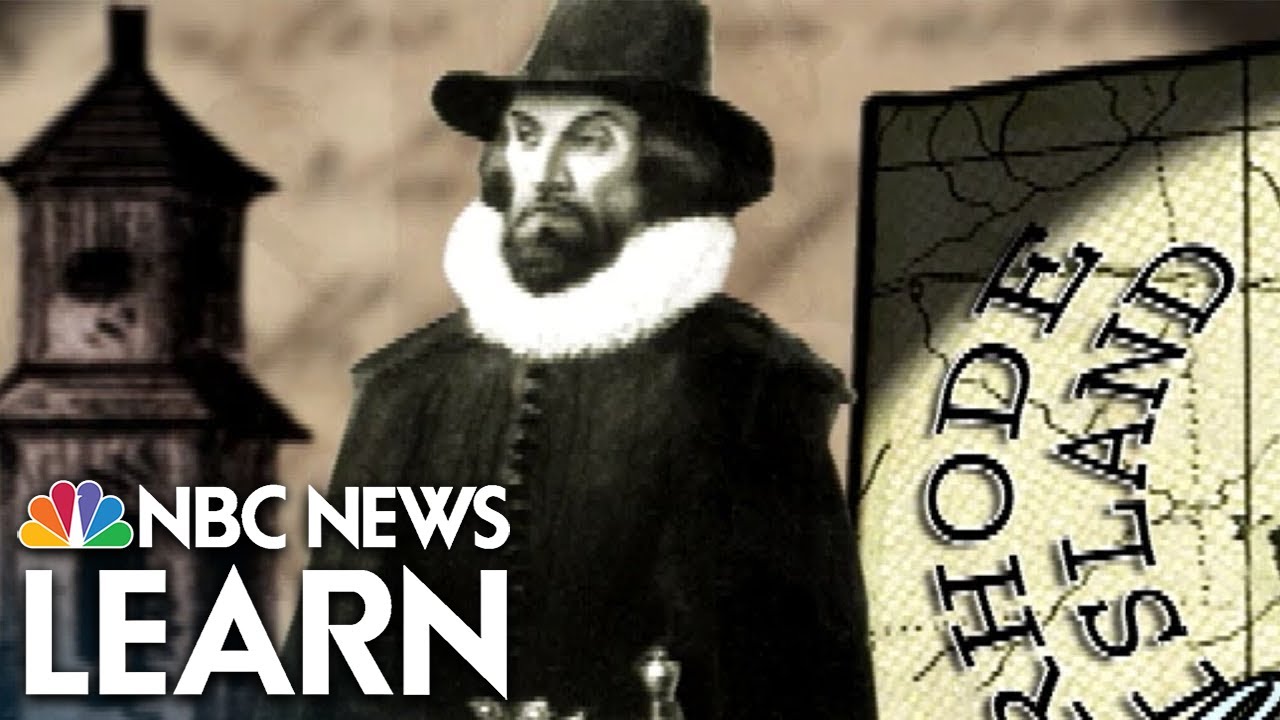Origins of the Rhode Island Colony
The history of the Rhode Island Colony dates back to the early 17th century when European explorers began venturing into the New World. This region, which would later become known as Rhode Island, was inhabited by Native American tribes such as the Narragansett and Wampanoag. However, it was not until the arrival of the first European settlers that the foundations of the Rhode Island Colony were laid.
Arrival of the First European Settlers in Rhode Island
In 1524, Italian explorer Giovanni da Verrazzano explored the coast of what is now Rhode Island, but it was not until the early 17th century that the first European settlers arrived in the area. In 1614, Dutch explorer Adriaen Block sailed along the coast, mapping the region and establishing a trading relationship with the Native Americans. This interaction paved the way for future European settlement.
Exploration and Claims in the Rhode Island Region
Following Block’s exploration, other European powers began to take an interest in the Rhode Island region. In 1620, the Mayflower Pilgrims, seeking religious freedom, arrived in Plymouth, Massachusetts, just north of Rhode Island. This further increased European presence in the area and set the stage for future colonization efforts.
Founding the Providence Plantations: Roger Williams’ Role
The establishment of the Rhode Island Colony can be largely attributed to the efforts of Roger Williams. Williams, a Puritan minister, arrived in the Massachusetts Bay Colony in 1631. However, his outspoken beliefs and criticism of the Puritan leadership eventually led to his banishment from the Massachusetts Bay Colony in 1636. Seeking a place where he could freely practice his beliefs, Williams founded the Providence Plantations, which would later become the heart of the Rhode Island Colony.
Separatist Movement and Religious Freedom in Rhode Island
One of the defining characteristics of the Rhode Island Colony was its commitment to religious freedom. Many of the early settlers were seeking refuge from religious persecution in other colonies. Rhode Island became a haven for various religious groups, including Quakers, Baptists, and Jews, who were able to practice their faith without interference.
Samuel Gorton and the Establishment of Warwick
While Roger Williams played a significant role in the founding of the Rhode Island Colony, he was not alone in shaping its early history. Samuel Gorton, another dissenter from the Massachusetts Bay Colony, established the settlement of Warwick in 1642. Gorton and his followers sought to create a community where individual liberty and religious freedom were respected.
Anne Hutchinson’s Influence in the Rhode Island Colony
Another influential figure in the early years of the Rhode Island Colony was Anne Hutchinson. Hutchinson, a prominent Puritan woman, was also banished from the Massachusetts Bay Colony due to her religious beliefs. In 1638, she and her followers settled on Aquidneck Island, which would later become part of the Rhode Island Colony. Hutchinson’s presence brought intellectual and spiritual influence to the budding colony.
The Formation of the Providence Plantations Government
As the Rhode Island Colony grew, its settlers sought to establish a stable form of government. In 1647, the Providence Plantations adopted a charter that ensured democratic principles and religious freedom. This early form of governance laid the groundwork for the unique political structure that would characterize Rhode Island in the centuries to come.
Early Challenges Faced by the Rhode Island Colony
Like any fledgling colony, Rhode Island faced numerous challenges in its early years. The presence of competing European powers, conflicts with Native American tribes, and economic uncertainty were just a few of the obstacles that the colonists had to overcome. However, their determination to create a society based on religious freedom and individual liberty helped them persevere through these challenges.
Rhode Island’s Unique Charter and Governance Structure
In 1663, Rhode Island received a royal charter from King Charles II, which solidified the colony’s unique governance structure. The charter granted extensive political and religious freedoms to the residents of the colony, establishing Rhode Island as a beacon of liberty in the New World. This charter remained in effect until Rhode Island became a state in 1790.
Economic Development and Trade in the Rhode Island Colony
While religious freedom and political independence were central to the Rhode Island Colony’s identity, economic development and trade were also crucial to its growth. The colony’s proximity to the ocean allowed its residents to engage in fishing, shipbuilding, and trade with other colonies and countries. The success of these ventures helped establish Rhode Island as a prosperous and influential colony.
Legacy and Impact: Rhode Island’s Founders
The founders of the Rhode Island Colony, including Roger Williams, Samuel Gorton, and Anne Hutchinson, left a lasting legacy on American history. Their commitment to religious freedom, individual liberty, and democratic principles set the stage for the development of the United States as a nation rooted in these values. Today, Rhode Island continues to honor its founders’ vision by upholding the principles of tolerance and open-mindedness that were central to the colony’s foundation.





